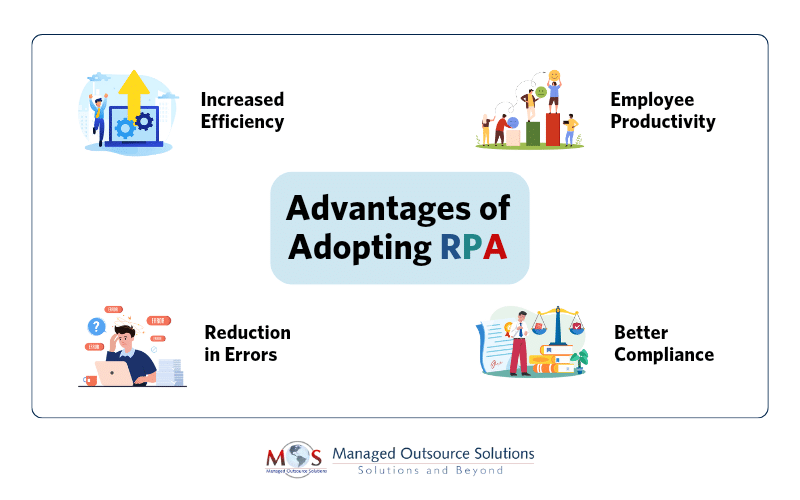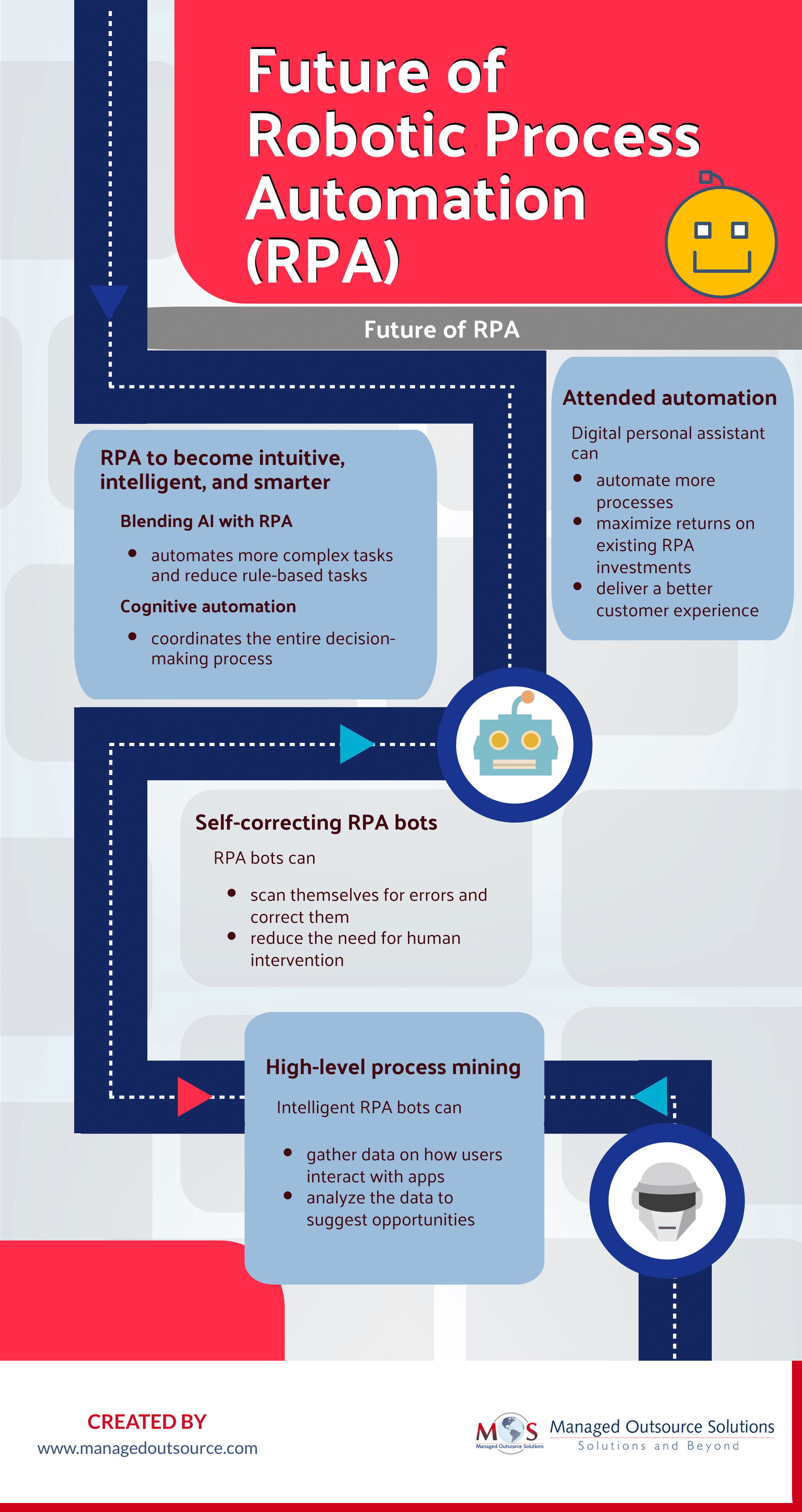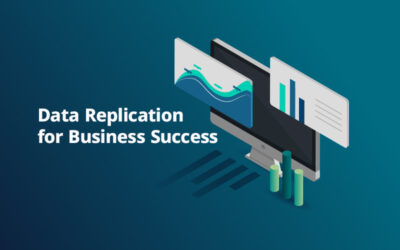Businesses are constantly seeking ways to improve efficiency, reduce operational costs, and enhance overall productivity. Robotic Process Automation (RPA) has emerged as a transformative technology that achieves these goals by automating repetitive tasks and streamlining workflows. But what lies ahead for this innovative solution? The future of RPA promises even greater integration with artificial intelligence, scalability, and industry-specific applications, making it an indispensable tool for organizations worldwide. Companies leveraging RPA services are already experiencing significant advantages, but advancements on the horizon are set to redefine the possibilities of automation.
What is RPA?
RPA is is a transformative technology designed to mimic human interactions with software to perform repetitive, high-volume tasks efficiently. By utilizing software programs, or bots, RPA can log into applications, input data, perform calculations, complete processes, and seamlessly transfer information across different systems or workflows. When integrated with generative AI, RPA takes workplace automation to the next level, enabling businesses to execute complex operations at scale with remarkable speed and precision. With the recent surge in adoption of Artificial Intelligence (AI) and Machine Learning (ML), RPA bots now have the capability to learn and improve their performance over time. This enables them to handle more complex tasks than normal RPA bots.
Healthcare has widely adopted RPA bots to handle tasks like medical billing and claims processing. In banking, these bots automate loan application reviews, significantly reducing overall processing time. From supply chain management to customer service, this technology has been critical in improving efficiency without compromising on the existing system environment.
In a 2021 Office Worker Survey, respondents said that, on average, they waste four and a half hours a week on tasks they think could be automated. This aligns with research by McKinsey, which estimates that at least one-third of job tasks are automatable in approximately 60% of occupations—a figure that highlights the significant potential for efficiency gains. Tasks such as data collection, approvals, and updates, which lack a creative component, are prime candidates for automation.
In fact, monotony in such repetitive tasks can diminish job satisfaction, leading to lower productivity and operational inefficiencies. To address these challenges, businesses are increasingly adopting robotic process automation (RPA) to offload mundane tasks. This strategic delegation allows employees to focus on higher-value, complex projects, enhancing job satisfaction and productivity. By redirecting employee efforts toward customer service, complex problem-solving, and actionable business insights, companies can drive success while improving operational efficiency.
The advantages of adopting RPA are:
- Increased Efficiency: With manual intervention totally eliminated, it automates repetitive tasks, boosting overall efficiency and cutting down operational costs by 30-50%. In short, a one-time development can result in long-time savings.
- Reduction in Errors: Human-induced errors are inevitable when it comes to repetitive tasks. It ensures not just efficiency but also ensures accuracy, especially in data-heavy environments like finance and logistics.
- Employee Productivity: When this new technology automates mundane and repetitive tasks, the most to benefit would be the firm’s employees, who will have time to focus on strategic tasks like business development, customer interaction and other innovative roles.
- Better Compliance: With RPA programmed based on strict guidelines, it cannot break rules-purposefully or otherwise, which ensures compliance with industry standards, such as GDPR in data processing. This also guarantees security of sensitive information.

Trends Shaping the Future of RPA
Looking into the future, there are several vital trends that are revolutionizing how businesses use RPA.
- Human Collaboration: RPA is now on the path to working with humans seamlessly. With RPA automating mundane tasks, humans can now focus on strategic & creative tasks, promoting productivity in the workflow.
- Advanced Automation: Like discussed earlier, AI-powered RPA bots are now taking the center stage, as it enables bots to process raw data, learn and make decisions, taking automation into more of a strategic processing.
- Cloud-based RPA: RPA using cloud democratizes access to small-scale establishments, accelerating its adoption, as the cloud offers flexibility, reduced costs and a seamless integration across any platforms.
- Analytics Integration: RPA tools these days can be customized to provide analytics to measure performance, identify inefficiencies and provide insights, imparting regular opportunity of improvement in overall workflows.
- Ethical Governance: Ethical considerations are at the helm of relevance in this fast-paced digital landscape. Firms are rapidly adopting regulatory frameworks to ensure fairness and transparency in their RPA integration.
This technology has established itself as a vital component of businesses’ operations-internally and externally, with unprecedented precision and efficiency. But, it is only getting started. The coming years will witness more businesses embracing it as an innovative solution across various departments.
In healthcare, expect this innovative technology to assist in personalized medicine by managing patient data and treatment plans effectively. Manufacturing will see more smart factories where RPA bots will work alongside humans to optimize production lines.
Financial services will strive towards integrating RPA with AI to enhance customer service and compliance monitoring, among other tasks. Retailers will make use of it to streamline supply chains and improve customer management through better inventory administration and thereby enabling personalized shopping experiences.
The future of RPA promises to redefine business operations, unlocking unprecedented growth and efficiency opportunities. By seamlessly integrating with advanced technologies like Artificial Intelligence (AI), RPA will enhance decision-making capabilities, streamline workflows, and deliver smarter automation solutions. This evolution will empower organizations to maintain a competitive edge in an ever-changing market landscape. As RPA continues to advance, businesses that adopt and harness its potential now will be better positioned to tackle the challenges of tomorrow and capitalize on emerging opportunities.





